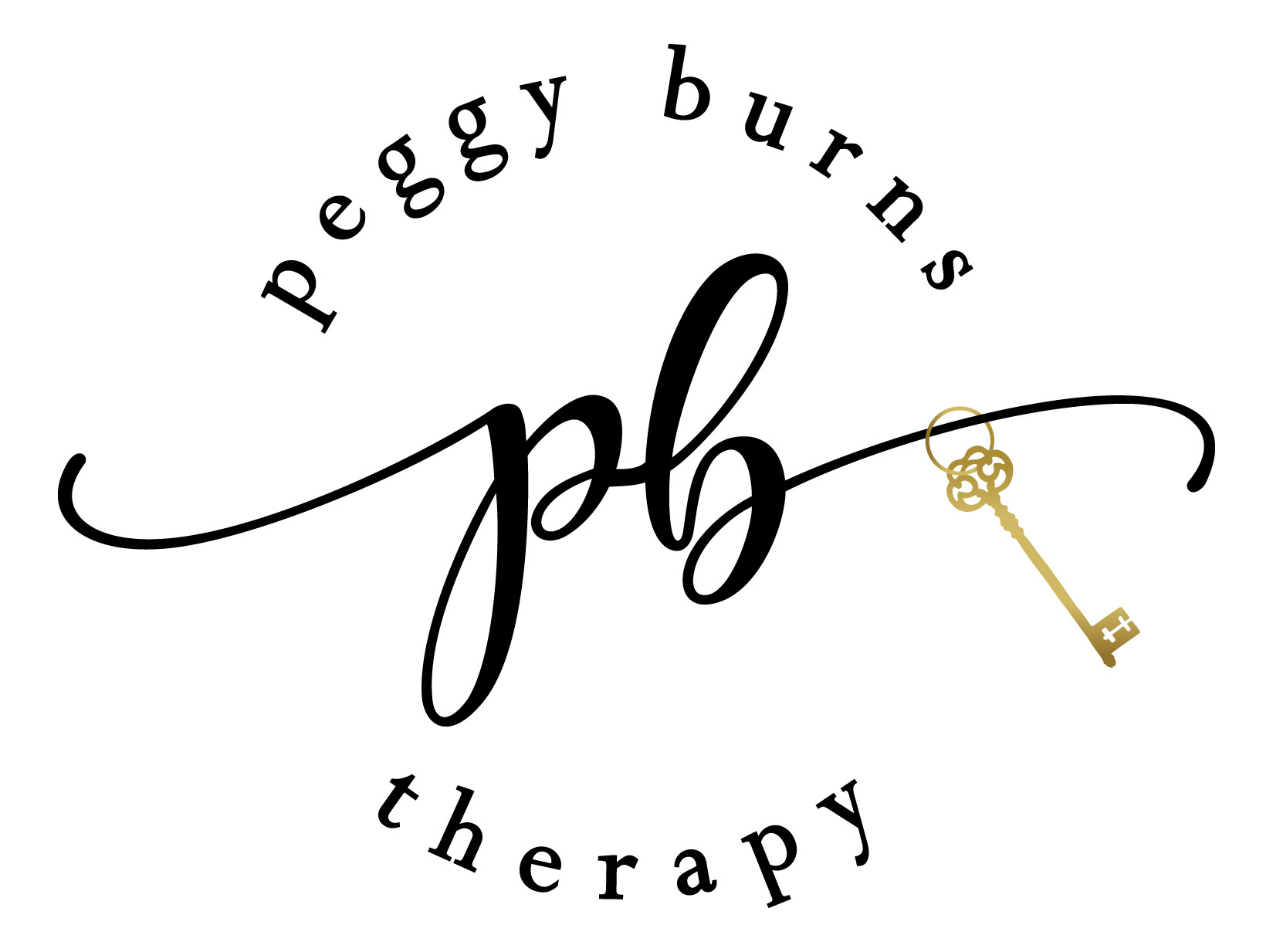Are you handling your anger, or is your anger handling you?

Nice people want to “stuff” their anger. But in today’s climate anger is bubbling over as more loss is experienced and fatigue sets in. Anger is a secondary emotion often masking feelings of fear, anxiety or shame. (See attached “Anger Iceberg” handout.) In the moment anger can make you feel powerful and strong. But Scripture tells us “A gentle answer deflects anger, but harsh words make tempers flare,” (Proverbs 15:1 NLT).
Gary Chapman, in his book, Anger: Taming a Powerful Emotion, shares proven strategies for managing anger. Usingthesestrategiesalongwithbecomingastudentofyourangercanhelp guide a successful course in your life.
Step 1: Make an acknowledgment to yourself that you are angry
Tell yourself, “I am angry.” “I don’t want to bury this.” “I want to deal with my anger.” Putting a name to your anger will help you in letting it go versus burying it inside. Let it become a map to your feelings and then be a guide to take an action with it. If anger goes underground, it often becomes depression.
Step 2: Don’t let your anger lead you into doing or saying something you will regret
Oftentimes when you are angry your first response is to attack. Your autonomic nervous system has been activated and your heart rate has increased above 90 beats per minute. Your
emotions are flooded, which activates the “fight, flight or freeze” response. Being in this state is good for you if you are in the jungle and a lion is chasing you. The adrenaline can give you supernatural powers. But this heightened state is not good for you when you are in everyday situations with your family or others. In moments like these when you find yourself flooded, it is so important to take deep breaths and lower your heart rate so you can come back into your rational mind. You can also count to 10 before responding. Taking a break helps you to self-soothe and enables you to respond in a better way.
Step 3: Find the focus of your anger
Ask yourself, “What is my anger telling me?” or, “Why am I so angry?” Take inventory of your thoughts and write them down. What you are thinking in the moment is a direct link to your feelings and can help you decipher your anger. Try to understand if your anger is because someone has hurt you or are your buttons being pushed by an event from your past. Knowing the difference between the two can help you decide what to do with your anger.
Step 4: Analyze your options
It is now time to figure out what action you should take regarding your anger. If you do not take any action steps you can be left feeling like a victim or powerless. After self-soothing, you may determine that following the Mathew 18:15 principle would work best. Go to your brother and point out the fault between you. Take time to listen to their side of the story. Stay humble. You may also consciously decide to go to God and address the offense leaving the outcome in His hands. Some offenses do not lay as heavily on us as others. In these circumstances you may want to forgive the person seeing that they, like you, are only human and have their flaws. Ultimately, the most important thing is to not let anger take root and become bitterness that eats away your joy and energy.
Step 5: Take constructive action
Anger can be a map or a guide. Julia Cameron in her book, The Artist’s Way, describes anger as an action. “Anger is meant to be acted upon. It is not meant to be acted out. Anger points the direction. We are meant to use anger as fuel to take the actions we need to move where our anger points us. With a little thought, we can usually translate the message that our anger is sending us.” You might find your anger has a constructive side to it if it causes you to change and to exit from a toxic situation. It is so important to make these kinds of moves prayerfully and with guidance from other trusted sources.
Here are some questions you can use to understand your anger:
- What kinds of things make me angry?
- Is my anger chronic?
- Am I angry at the same things over and over again?
- Can I change these things or change my response to them? How do I feel about my anger?
- Am I uncomfortable with it?
- Do I fear it?
- What can I learn from my anger?
- Does it have a message for me?
- Does my anger show me where I want to go with my life? Do I act out my anger by striking out?
- Or do I act on my anger to change my responses?
- Can I experience anger without losing touch with wisdom? Can I experience anger without losing my compassion? How can I transform my anger into empowerment?
You may have good reason to be angry, but don’t become a statistic. Instead, learn to understand and manage your anger.
For more information, contact Peggy, at help@peggyburnstherapy.com


